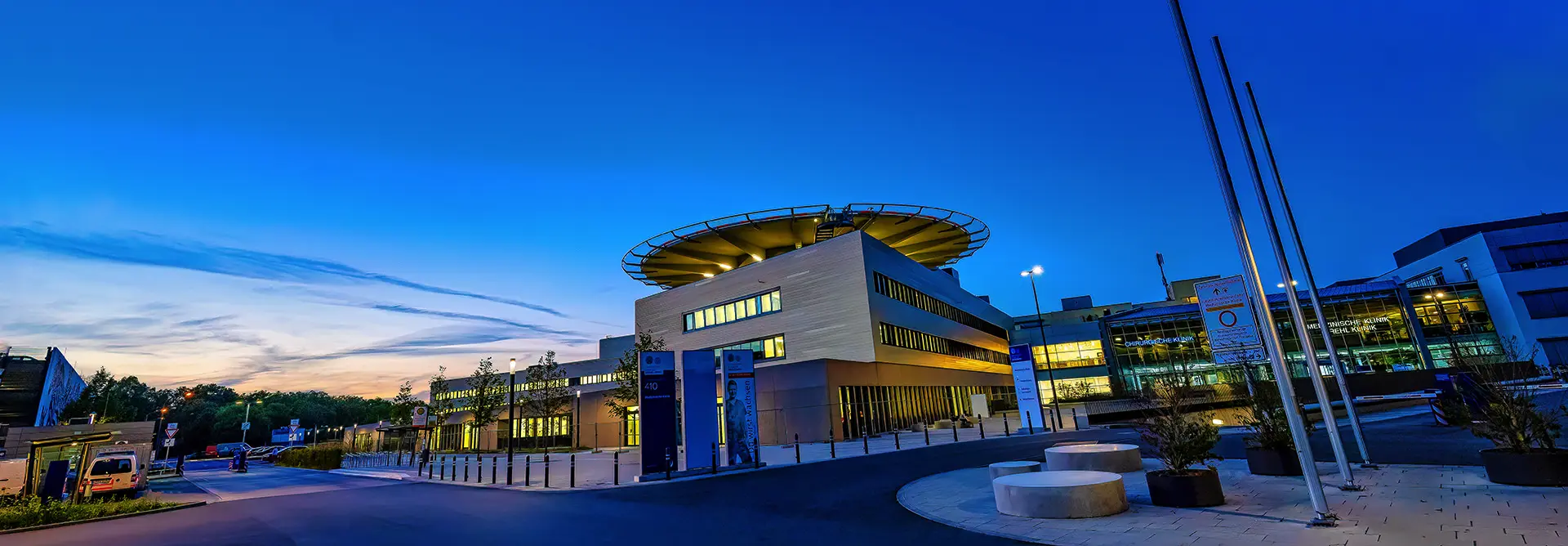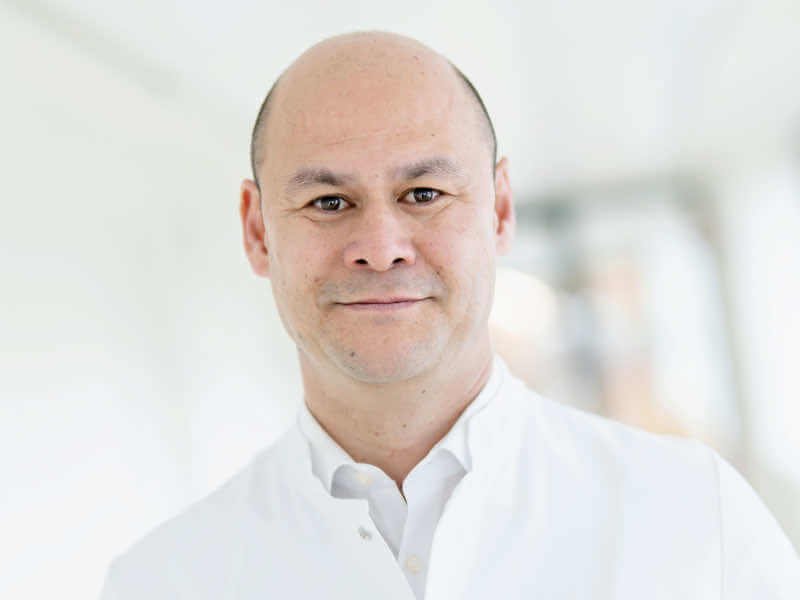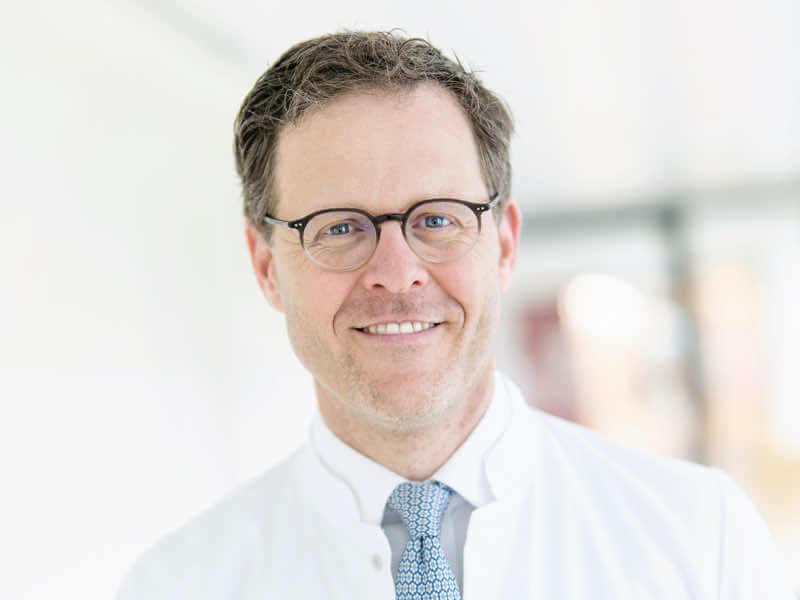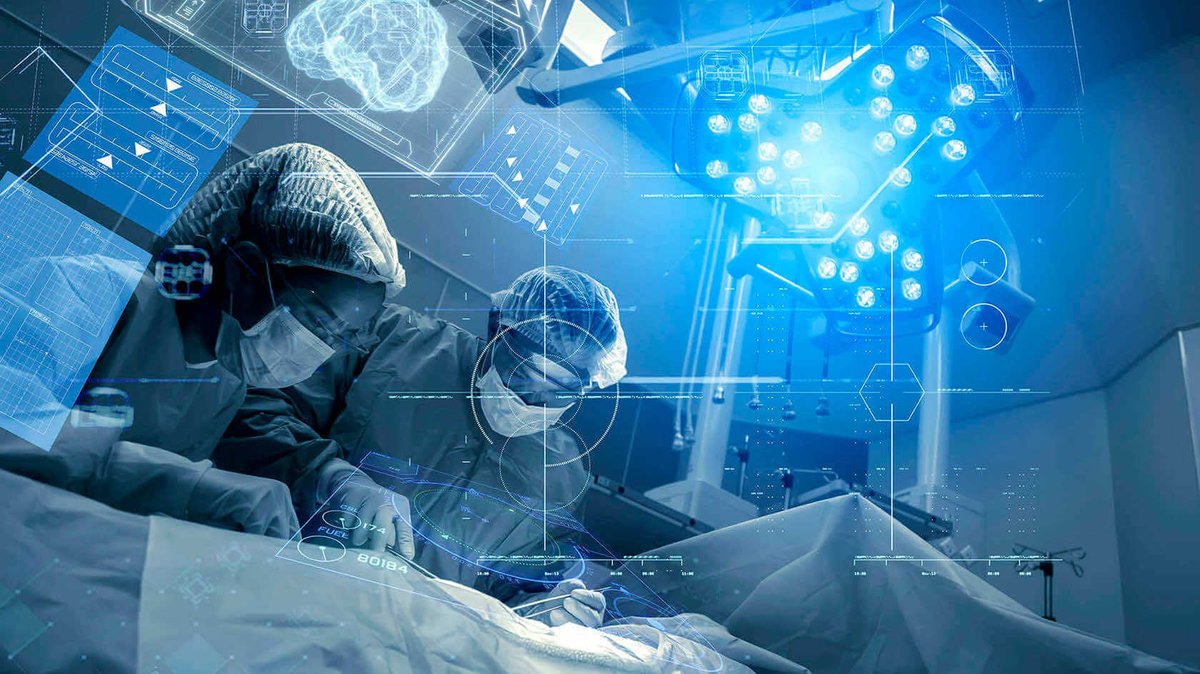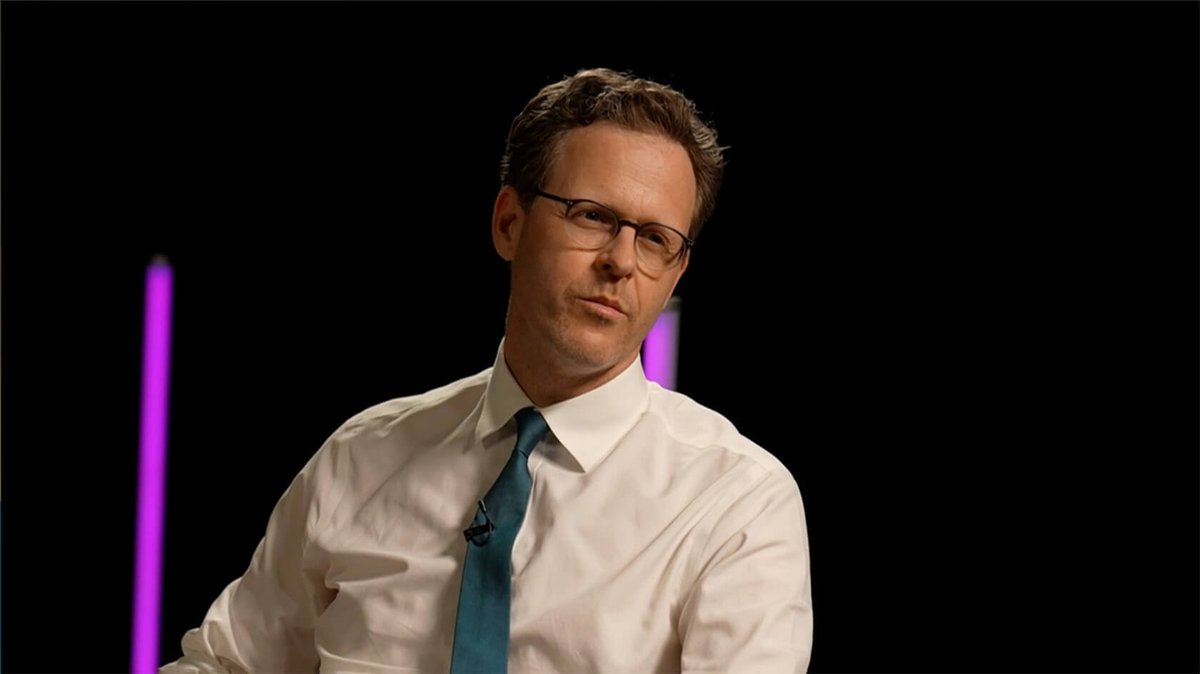Kontakt aufnehmen
- +49 6221 56 7807
- pankreas@med.uni-heidelberg.de
- EPZ - Europäisches Pankreaszentrum Chirurgische Universitätsklinik, INF 420 69120 Heidelberg
Center of Excellence for Pancreatic Surgery
We are here for you
Cutting-edge medicine at the European Pancreas Center
Our goal is to provide the best possible medical-surgical care to our patients with pancreatic diseases.
The European Pancreas Center is not only the leading surgical center in Germany and Europe, but also occupies a top position in pancreatic surgery worldwide. With the experience of well over 600 pancreatic operations per year, combined with the highest personal commitment of our medical colleagues and nursing staff, we can guarantee our patients the best possible treatment results. In the Surgical Clinic, we have the most modern infrastructure and innovative surgical techniques at our disposal for this purpose. Two DaVinci robot systems are used daily in our department.
Scientifically, too, the European Pancreas Center is one of the most renowned research institutions worldwide and, in particular, has significantly shaped the surgical therapy of pancreatic cancer by introducing new surgical techniques and radial resection procedures, and has significantly improved the prognosis.
In all of this, the patient is at the center of our efforts.
Comprehensive support for our patients
A patient suffering from pancreatic disease receives comprehensive support in Heidelberg for the treatment of their disease. The necessary specialists are all on site - diagnostics, perioperative clarification, surgery, postoperative follow-up, as well as nutritional counseling and socio-medical care are discussed and coordinated as an interdisciplinary and interprofessional team - for the benefit of our patients.
- Our highly experienced and world-renowned team of surgeons performs complex pancreas operations of all degrees of difficulty safely and routinely.
- As part of our perioperative care, our nurses not only help with daily needs and physical care, but also provide our patients with support during the difficult phase of coping with the disease and postoperative convalescence through their personal attention and empathy.
- Our colleagues in anesthesiology perform the demanding anesthesia during surgical procedures and support us in perioperative treatment, especially by providing important intensive medical care for our patients.
- Experienced radiologists can diagnose accurately and reliably at an early stage with modern cutting-edge technology, as well as perform targeted interventions.
- Our colleagues in gastroenterology perform the usual, but also complex endoscopic examinations and therapies. Diagnostically, bile and pancreatic ducts are examined and, if necessary, therapeutic interventions are performed.
- Diabetologists support our patients in the adjustment of their diabetes and train them in metabolic management.
- As part of multimodal therapy approaches, we work closely with oncologists and radiation therapists for tumor patients, enabling us to achieve the best possible treatment results for our patients, even in advanced tumor diseases. Intraoperative radiation therapy can also be performed.
- Experienced pain therapists help with severe pain conditions that cannot be influenced by surgery.
- Our colleagues in psycho-oncology help our patients to cope emotionally with their serious illness.
- Physiotherapists and occupational therapists enable our patients to recover physically quickly through daily exercise sessions.
- Nutritionists provide tips on nutrition after pancreatic surgery.
- Our social service helps with the return to daily life or with the organization of follow-up treatment.
- Through patient-oriented clinical studies and basic research, pancreatic diseases are constantly being researched further and treatment sustainably improved. This is always done in close cooperation with other national and international research centers.
- The Department of Pathology ensures the correct diagnosis, including reliable intraoperative frozen section examinations, so that the right decisions can also be made in the operating room.




